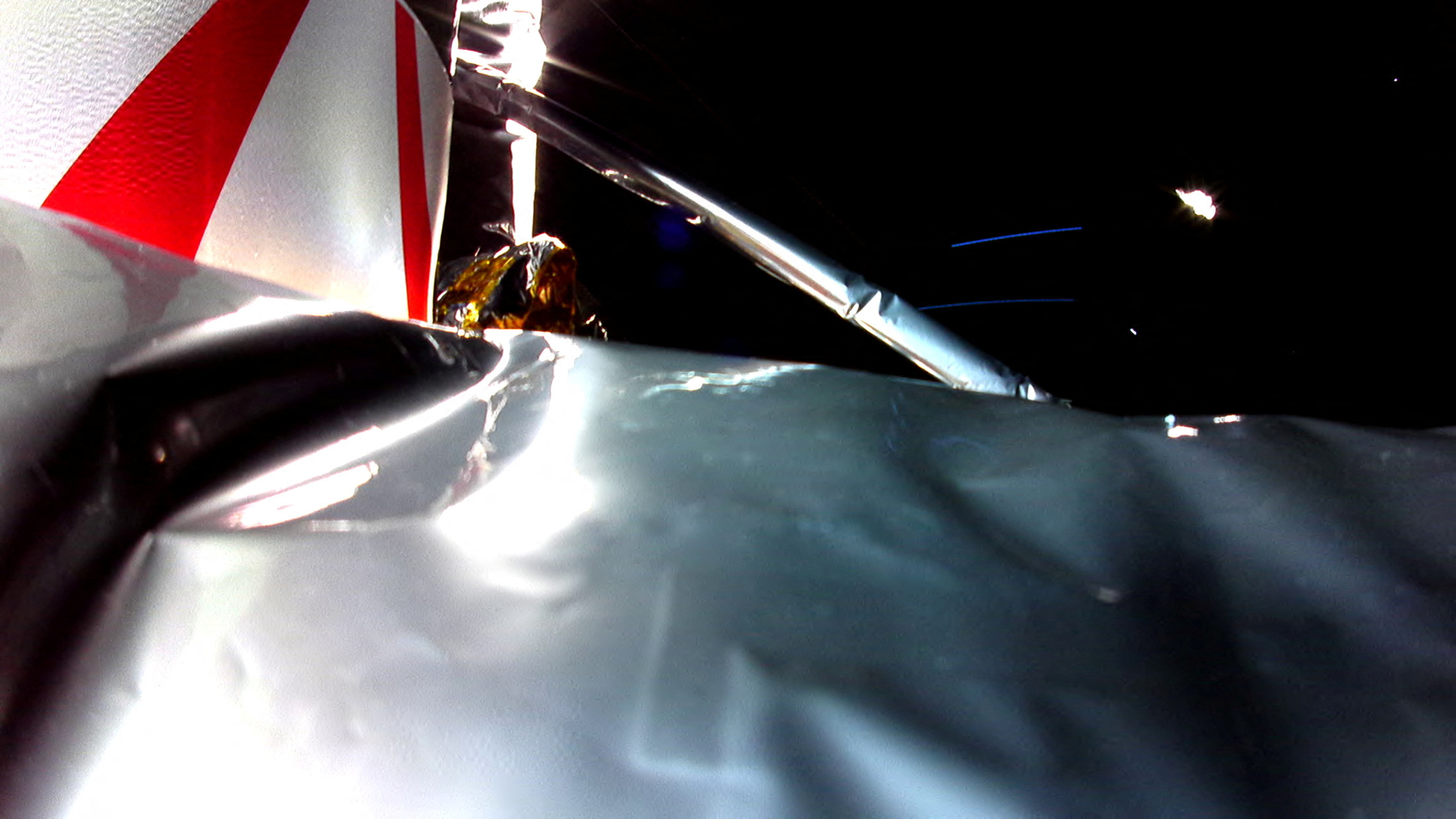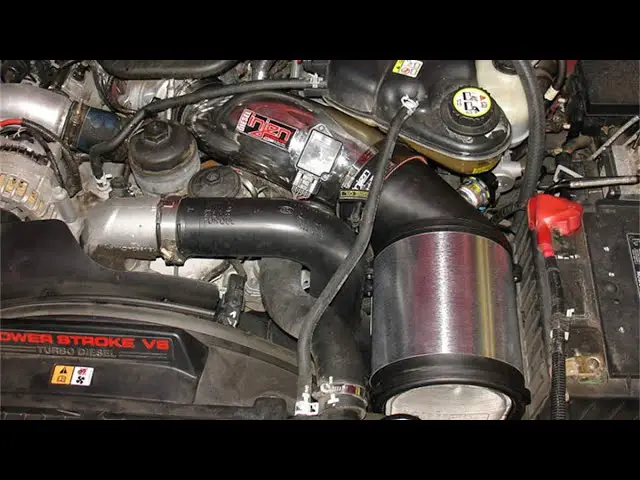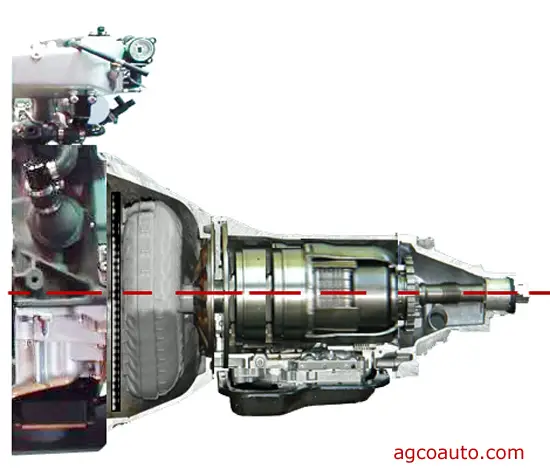Fuel Leakage: How to Detect and Fix Gas Leaks in Your Vehicle
Fuel leakage in your vehicle can pose serious risks to both your safety and the health of your car. It’s important to understand the causes of fuel leaks, the potential dangers they present, and how to effectively address them.
A gas leak in your car is a serious issue. Not only can it drain your fuel efficiency, but it also poses a fire hazard. Luckily, there are telltale signs to help you identify a leak and take action.
Causes of Fuel Leakage
Modern vehicles commonly experience fuel leaks due to damaged fuel lines, worn fittings, and corroded fuel tanks. The fuel injection system can also be a source of leaks.
Dangers of Fuel Leaks
Fuel leaks can lead to fire hazards, explosions, and health risks from exposure to gasoline vapors. It is crucial to address fuel leaks promptly to ensure safety.
Signs of a Gas Leak:
- The Smell of Gasoline: This is the most common indicator. Gasoline has a strong, distinct odor. If you catch a whiff of gas inside your car or around it when parked, investigate further.
- Unexplained Fuel Gauge Drop: Are you filling up more often than usual? A gas leak could be the culprit, causing fuel to disappear without powering your car.
- Visible Gas Leaks: Look underneath your car for puddles of liquid. Gasoline is typically clear or yellowish, and can leave a wet spot on pavement.
- Engine Performance Issues: A gas leak can lead to a lean fuel mixture, causing engine problems like stalling, hesitation, or rough idling.
Identifying and Fixing Fuel Leaks
If you suspect a fuel leak in your vehicle, it’s advisable to pull over immediately and seek professional help. Driving with a fuel leak is dangerous and can result in catastrophic consequences.
What to Do if You Suspect a Leak:
- Park in a Safe Location: Move your car away from heat sources like grills or flames.
- Turn Off the Engine: Don’t start the car again until the leak is fixed.
- Open Doors and Windows: This will help to air out any gasoline fumes that may have accumulated inside the vehicle.
- Call a Tow Truck or Mechanic: Don’t attempt to fix a gas leak yourself unless you’re a qualified mechanic. Gas leaks are dangerous and require professional attention.
Fixing a Gas Leak:
Diagnosing and fixing the leak itself should be left to a certified mechanic. They have the expertise and tools to pinpoint the source of the leak and repair it safely. Depending on the location and severity of the leak, the repair could involve replacing hoses, clamps, gaskets, or even the fuel tank itself.
Preventing Gas Leaks:
- Regular Maintenance: Schedule regular maintenance checks with a mechanic to ensure all hoses, clamps, and other fuel system components are in good condition.
- Inspect for Damage: Look for any visible cracks, tears, or loose connections in the fuel lines or hoses during routine car care.
- Avoid Impacts: Be mindful of bumps and road hazards that could damage the underside of your car and potentially impact fuel lines.
By being aware of the signs of a gas leak and taking the proper precautions, you can keep yourself and your car safe. Remember, a gas leak is not something to ignore. If you suspect an issue, address it immediately by calling a professional.
Diy Solutions For Minor Leaks
For minor fuel leaks, you can use self-amalgamating tape or fuel tank repair kits to temporarily address the issue. However, it’s essential to consult a professional for a permanent fix.
Professional Repair And Maintenance
Qualified automotive technicians can diagnose and repair fuel leaks effectively, ensuring the safety and reliability of your vehicle. Regular maintenance can help prevent fuel leaks.

Credit: www.reuters.com

Credit: mechanics.stackexchange.com
Cost of Repairing Fuel Leaks
Repairing fuel leaks can vary in cost depending on the extent of the damage and the parts needed for replacement. It’s crucial not to delay repairs to prevent further damage.
Frequently Asked Questions
Can I Drive With A Fuel Leak?
Driving with a fuel leak is dangerous. Pull over safely and address the issue immediately to prevent potential hazards.
What Are The Main Causes Of Fuel Leakage?
The main causes of fuel leakage are damaged fuel lines, fittings, and fuel tank corrosion. These issues can result from wear and tear over time. Fuel injection systems can also be a source of leaks. Addressing leaks promptly is crucial to prevent fire hazards and ensure safety.
What Happens When Fuel Leaks?
Fuel leaks can lead to fire hazards and pose risks to vehicle occupants. Exposure to fuel and vapors can also have adverse health effects. Promptly addressing fuel leaks is crucial for safety.
Are Fuel Leaks Expensive To Fix?
Fuel leaks can be expensive to fix due to potential fire hazards and adverse health effects. It’s crucial to address fuel leaks promptly to ensure safety.
Conclusion
Overall, fuel leakage in your vehicle is a serious issue that requires immediate attention. By understanding the causes, dangers, and solutions to fuel leaks, you can ensure the safety of yourself and others on the road.




